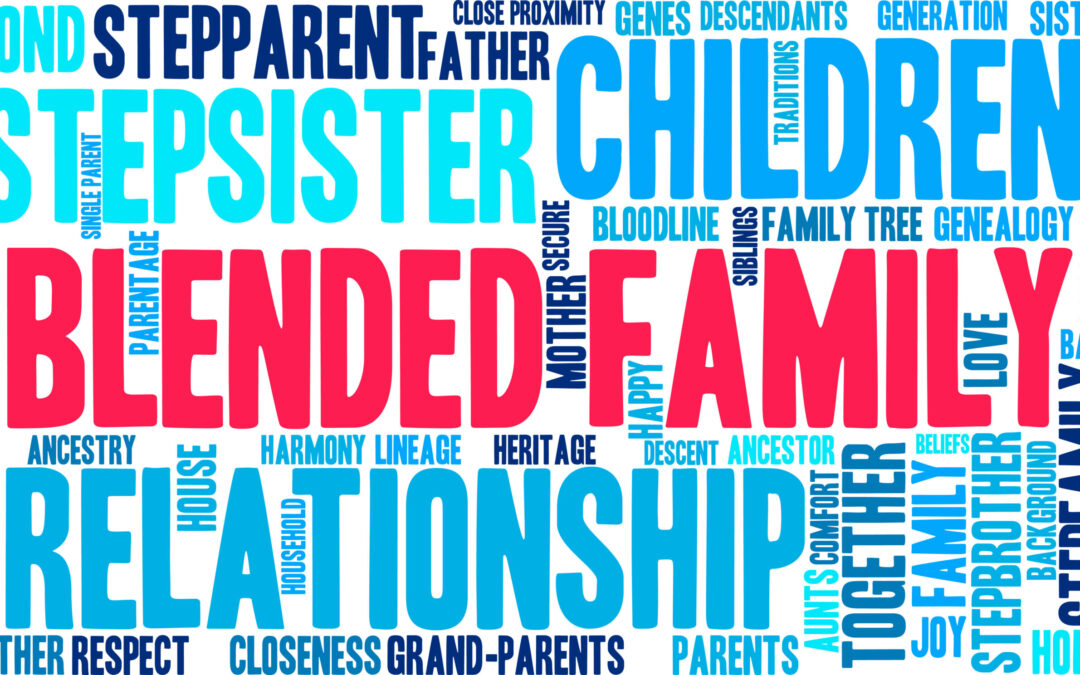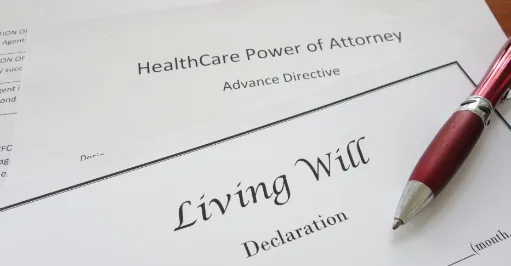You need a will to disperse your worldly goods and collected riches when you are nearing retirement or in your golden years. According to a recent Wausau Pilot & Review article titled “Why parents need the will to establish legal guardianship,” you also need a will if you are a parent. Your children’s future hinges on your having a valid will and other legal paperwork in place.
Parents can designate a guardian for their children in the event that both parents pass away. You can also specify who they should live with, who will be in charge of any inheritance funds, and who will raise them in your will. Children are at risk in the absence of a will designating a guardian.
By designating a guardian for your children, you can prevent them from being placed in temporary foster care until a judge decides who should parent them. Being with a close family member or friend during a disastrous period in their lives would be preferable to be cared for by strangers, regardless of their good intentions.
If one parent survives the other, the surviving parent often retains custody and responsibility for the children. Nonetheless, if the children are under 18 and both parents pass away, they require a legal guardian.
In most situations, the court will honor a deceased parent’s wish that the person named in the will act as guardian unless it is decided that this individual may not be the best choice.
Parents can and do pass away simultaneously, making estate preparation and the designation of a guardian essential.
Guardianship becomes legal with a court appointment following a court hearing; however, state laws and procedures differ. Use caution when selecting a guardian. Ensure that the individual is willing and able to serve. Accepting the appointment is not required, so carefully consider your options. As with your estate plan, this is not a one-time consultation. As your children grow and their requirements evolve, they should be evaluated every few years.
Consider the following questions when determining the appropriate guardian:
• Does the individual share your educational or religious beliefs?
• Can the individual parent your child till they reach the age of majority? Parents are frequently the first individuals that come to mind, but might a 68-year-old grandparent with health difficulties fulfill this position, especially if the child is a toddler?
• Does the individual reside nearby, or will your children need to change schools, lose friends, and relocate?
When preparing your inheritance, you should factor in guardianship implications. For example, is your child the named beneficiary if you have a life insurance policy? Will this individual also serve as the guardian? A minor is unable to inherit assets, whereas a trust can. Your estate plan may incorporate a trust to hold funds and a trustee to oversee their management. There are as many strong reasons to separate the roles as there are to divide them.
Our agency can assist you and your spouse in resolving the challenges specific to your case. It is certainly worth the time and effort to ensure that your children will be cared for in the event of a disaster.
You need the will to disperse your worldly goods and collected riches when nearing retirement or in your golden years. According to a recent article from Wausau Pilot & Review titled “Why parents need the will to establish legal guardianship,” you also need a will if you are a parent. Your children’s future hinges on your having a valid will and other legal paperwork in place.
Parents can designate a guardian for their children in the event that both parents pass away. You can also specify who they should live with, who will be in charge of any inheritance funds, and who will raise them in your will. Children are at risk in the absence of a will designating a guardian.
By designating a guardian for your children, you can prevent them from being placed in temporary foster care until a judge decides who should parent them. Being with a close family member or friend during a disastrous period in their lives would be preferable to be cared for by strangers, regardless of their good intentions.
If one parent survives the other, the surviving parent often retains custody and responsibility for the children. Nonetheless, if the children are under 18 and both parents pass away, they require a legal guardian.
In most situations, the court will honor a deceased parent’s wish that the person named in the will act as guardian unless it is decided that this individual may not be the best choice. Parents can and do pass away simultaneously, making estate preparation and the designation of a guardian essential.
Guardianship becomes legal with a court appointment following a court hearing, however, state laws and procedures differ.
Use caution when selecting a guardian. Ensure that the individual is willing and able to serve. There is no requirement to accept the appointment, so carefully consider your options. As with your estate plan, this is not a one-time consultation. As your children grow and their requirements evolve, they should be evaluated every few years.
Consider the following questions when determining the appropriate guardian:
• Does the individual share your educational or religious beliefs?
• Can the individual parent your child till they reach the age of majority? Parents are frequently the first individuals that come to mind, but might a 68-year-old grandparent with health difficulties fulfill this position, especially if the child is a toddler?
• Does the individual reside nearby, or will your children need to change schools, lose friends, and relocate?
When preparing your inheritance, you should factor in guardianship implications. For example, is your child the named beneficiary if you have a life insurance policy? Will this individual also serve as the guardian? A minor is unable to inherit assets, whereas a trust can. Your estate plan may incorporate a trust to hold funds and a trustee to oversee their management. There are as many strong reasons to separate the roles as there are to divide them.
Our office can assist you and your spouse in resolving the challenges specific to your case. It is worth the time and effort to ensure that your children will be cared for in a disaster.
refrence: Wausau Pilot & Review (Oct. 23, 2022) “Why parents need a will to establish legal guardianship”






